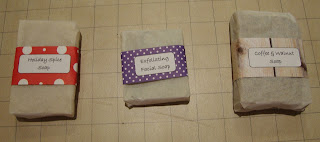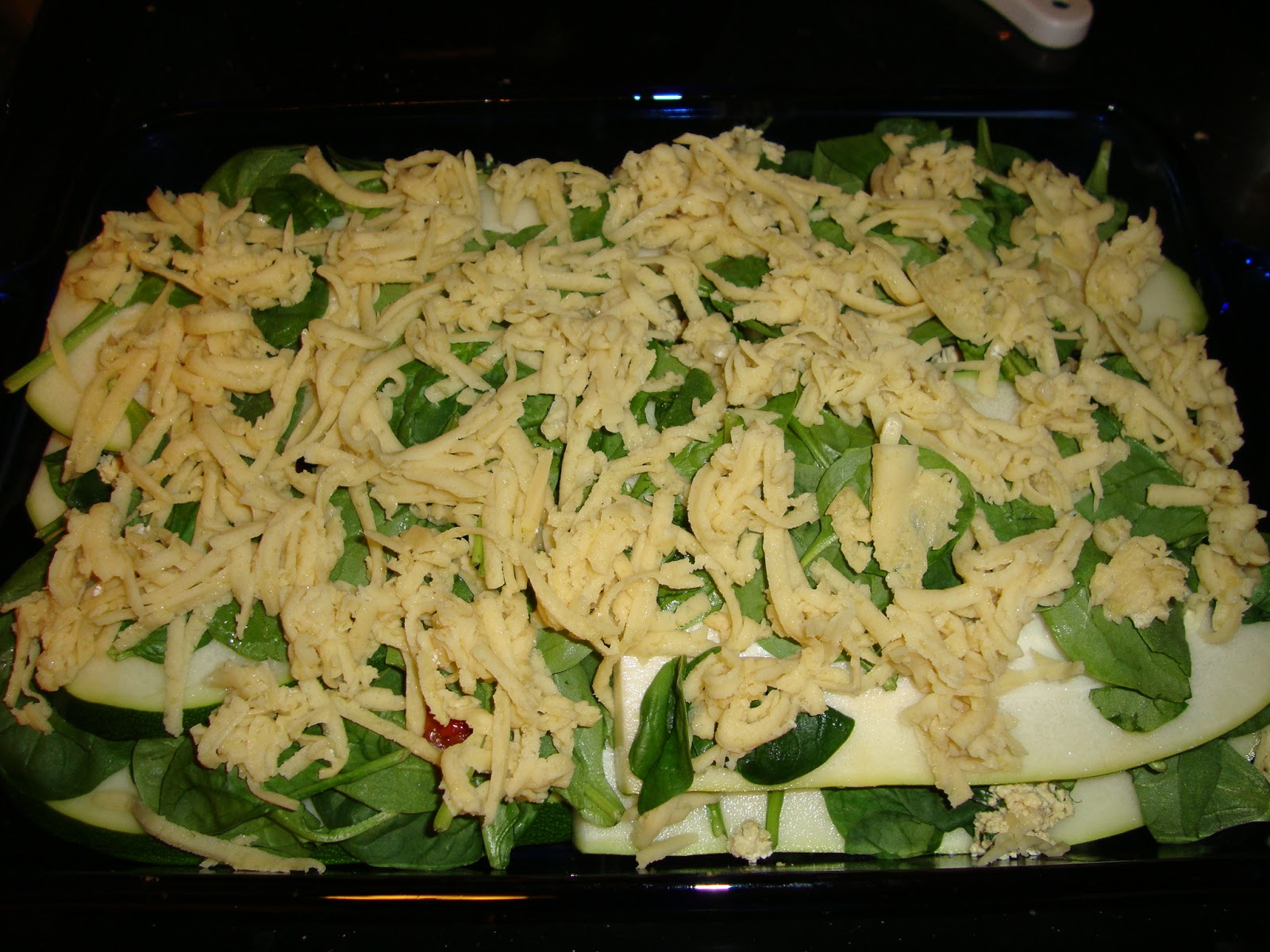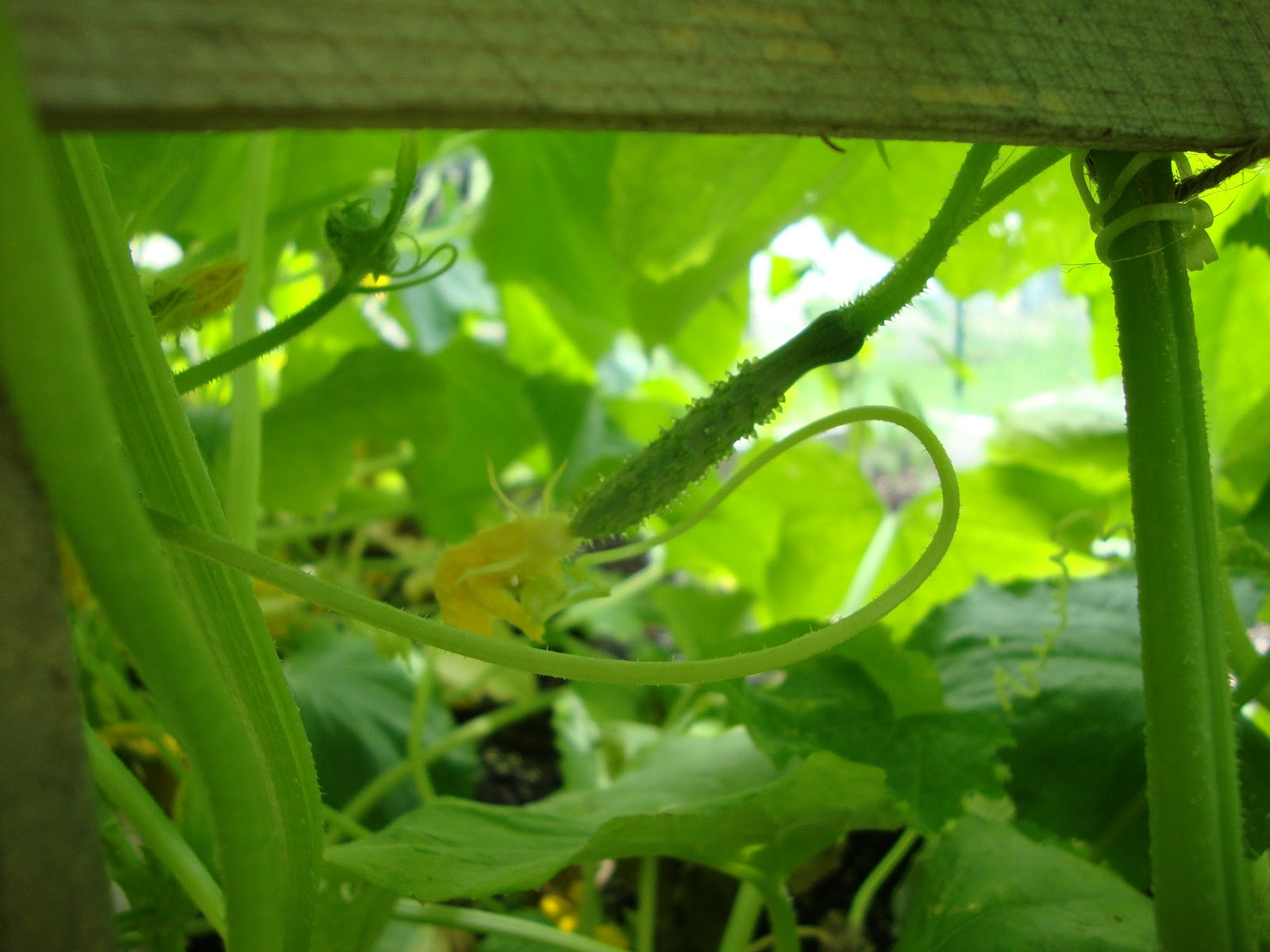One of our many goals is to start making most of our cleaning and beauty products. This seems to be a trend now and it's easy to find a lot of recipes online. It can be a little overwhelming if you're just starting out, so here's a good tip:
Never assume that anyone who writes a blog (including me) knows what they're talking about.
Read everything with a grain of salt, and do more research if something about a recipe seems off. Personally, I take a practical approach to everything. I'm not jumping head-first in the "everything homemade" bandwagon. If something makes sense to make it at home, then I will do that. And if there is science behind why and how something works (both homemade and commercial), I want to know that. I'm a nerd; I like researching stuff.
Someone may claim that their recipe is the only cleaning product you'll ever need, but it may not even work because they don't understand the science behind it. I've read so many cleaning recipes online that say to mix baking soda and vinegar to make a "super-powerful, homemade" all-purpose cleaner that is supposedly better than commercial cleaners. It bubbles; it must be cleaning, right? The chemical reaction of mixing baking soda and vinegar produces carbon dioxide gas and sodium acetate in water. Aqueous sodium acetate is not some magical cleaner. It's basically salt water.
I've tried the baking soda and vinegar drain cleaner several times when my drains become clogged. It never really worked for me. It may have broken up the clog a bit, but not enough to say that it worked. I still had to use commercial drain cleaner to get it out. I haven't found a good homemade solution to that one.
Here is some science.
I've also seen a lot of recipes that recommend mixing castile soap and vinegar to make a cleaner.
Here is a statement from Dr. Bronner's about why that is not a good idea.
Baking soda is a great cleaner. Vinegar is a great cleaner. Castile soap is a great cleaner. Just don't mix them. All you really need is one of these, with maybe a bit of water. You could also clean with baking soda or castile soap first, and use vinegar to rinse. Keep it simple. You don't need fancy homemade cleaners with expensive essential oils to get the job done.
While I do use essential oils in some of my beauty/cleaning products, I do it mainly because I like the scent. I prefer to use an oil actually made from the plant and not a synthetic fragrance oil. I understand that essentials oils do provide some health benefits, but I haven't researched that enough myself. I know that these plants have health benefits, I'm just not sure how much of those benefits remain in the essential oil. It's up to you whether you'd like to use them or not. I'm not here to give you a list of "
The Top 10 Essential Oils You Should Be Using Right Now!"
Why Homemade?
There are a number of reasons why people are switching to these homemade products. These are our biggest concerns, and why we're starting to make some beauty/cleaning products at home:
Knowing the Ingredients
Being vegan, we don't want to use any animal products. There are the obvious ingredients such as beef tallow (animal fat, commonly found in bar soaps), beeswax (commonly found in lip balm), honey, and goats milk. There are also not-obvious ingredients such as
steric acid. We choose to
avoid palm oil as well, which is also in a lot of bar soaps. While palm oil itself is vegan (it's not from animals), the farming of it is devastating to orangutans. Also, a lot of commercial beauty/cleaning products are tested on animals, which is something that we want to avoid as well.
A lot of commercial "soaps" (like Dove) are not actually soaps, but are detergents made with synthetic, petroleum-based ingredients. They're not made with fat/oils anymore, like how traditional soap was originally made. It's just a personal preference of mine to use soap made from plant oils rather than petroleum-based synthetics.
There are also some health reasons. I'm not going to list off all the harmful "chemicals" (everything is a chemical, good and bad) that should be avoided just because you can't pronounce them. I just want to avoid additives. I don't need my soap to contain sodium lauryl sulfate (SLS) so it will have a pretty lather. Lather doesn't clean, it's just for aesthetics. I don't believe that all bacteria is bad, so I don't want antibacterial agents added in. I just want a simple soap that cleans. I don't care how pretty looking or nice-smelling it is, or that it kills 99.9% of bacteria (some of which is beneficial bacteria to us). I just want it to work. Plain and simple.
Financial Reasons
I don't bring in any money being a housewife. Instead, my contribution is helping to save money by putting my time and effort into making things/food as opposed to buying it already made. I could drive to Target and buy a box of Tide for $12, or I could make the same amount of laundry detergent (in terms of washer loads) with ingredients already in my house that would have cost about $1.25 in supplies. Sure, it takes up some of my time to put it together, but I feel like it's worth my time.
Why Not Homemade?
I am by no means claiming to be an expert on homemade beauty products. I've only made a handful of things. Everything that I'm saying is based off of what I've read about the safety of homemade products. Please, don't just blindly take my word for this. Do the research yourself if this is something you're concerned about. And let me know if I've made an incorrect assumption!
Most commercially made beauty products contain preservatives. Some preservatives are also irritants, and this is part of the reason why people would like to avoid them. Preservatives also do some good things - they extend the shelf life of products and stop harmful bacteria from growing.
Bacteria likes to grow in a wet environment. Tap water contains bacteria. So many recipes I've read online say to use water in the product. There is no mention about using distilled water or bacteria growth in these recipes. Some may say to add a "natural preservative" like rosemary oil or grapeseed extract, but I haven't researched these myself. I don't know if they actually work. I'm not going to trust the word of a blogger (who might even be paid to sell these essential oils, like Mary Kay ladies) on something like that. The product could also be kept in the fridge to prevent bacteria growth, but I don't want to deal with running downstairs to grab all my soaps out of the fridge before I take a shower.
I try to take a practical approach to this. If I can make something easily and safely at home, I'm going to do that. Even if it's a little bit more expensive than buying the commercial product, I like that I made it and I can control the ingredients. I also realize that some things are just not worth it to make at home.
Products that I
WILL NOT make at home, and will buy commercially:
Sunscreen
There are a lot of homemade sunscreen recipes floating around on the blogs. This is
not something I want to mess with. Sunscreen is tested to ensure it provides the SPF that it claims. When making it at home, there is no way to know what the SPF it provides because it's not possible to do these tests at home. I don't want to make something at home and
hope it protects me from skin cancer. That's the whole purpose of sunscreen!
Toothpaste
Kinda along the same lines of sunscreen. I use this to protect my teeth so they don't rot away. I'd rather use something that's been tested. There are some brands that don't contain SLS or fluoride, so I'll buy those. Plus, most of the toothpaste recipes I see online contain baking soda and salt which sound SUPER abrasive to me! I don't want to scratch up my teeth.
Liquid based beauty products
This includes liquid soap/shampoo and creamy lotion/conditioner. This risk is just too great for me with regards to spoilage and growing unwanted bacteria. I don't want to keep my shampoo in the fridge in between showering. I'll forget it's in there until I get under the water.
Saline Solution for Contacts
I've read recipes on several blogs for homemade saline solution for contacts. Yes, seriously. Some people are making a solution to put in their eyes. What?? No. No no no. I will
NOT be making a saline solution and
hope that I sterilized everything correctly so my husband can put it in his eyeballs (he wears contacts, I don't). That's serious stuff, to be putting something in your eyes that even has a
chance of growing unwanted bacteria. Generic brand contact solution is not expensive, and it's not full of "weird chemicals". This just makes no sense to me. Something like this has too big of a risk. Use common sense, people. Don't be dumb just for the sake of "homemade" and "chemical-free".
What I am Making
This is what I've made so far. Hopefully this list will grow to include other products.
Cold Process Soap
Cold process soap is made by mixing sodium hydroxide (lye) and distilled water. This is then mixed with oils and poured into molds. The oils and lye will react in a saponification process which is what causes the soap to become solid. I use distilled water in the soaps I make. Distilled water is pure and doesn't contain bacteria or minerals like tap water does. Also, (I think) any bacteria in the water would have been killed in the saponification process. Cold process soap needs to cure for about 4-8 weeks, and during this time all water is evaporated from the soap to make it more solid. If the finished soap is left in a puddle of water between uses it can still grow bacteria because of the wet environment and lack of preservatives. I leave the soap on a well-drained rack in the shower.
I will make bar soaps and shampoo bars at home. I don't see body soap and shampoos as being so important that I must buy them commercially. It's not like using a homemade shampoo bar is going to make my hair fall out. It might not be as clean as I'm used to, but I can figure out a recipe that works for me.
Powdered Laundry and Dish Detergent
I make powdered detergents to use in our washing machine and dishwasher. These are usually made from baking soda, washing soda, and salt. I also use vinegar in the rinse cycle to help rinse off any residue from the clothes/dishes.
Hopefully this has helped someone who is interested in homemade products. Just be smart about it.
















































